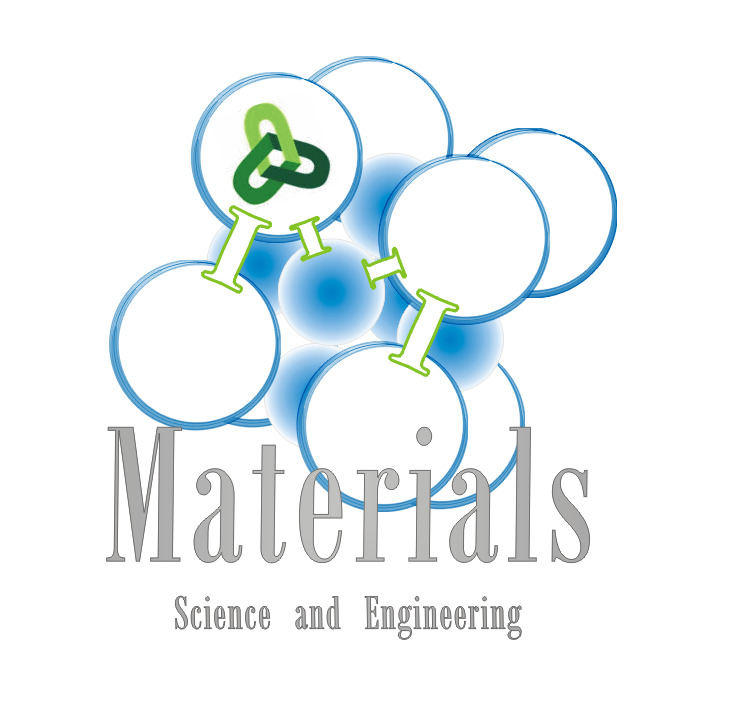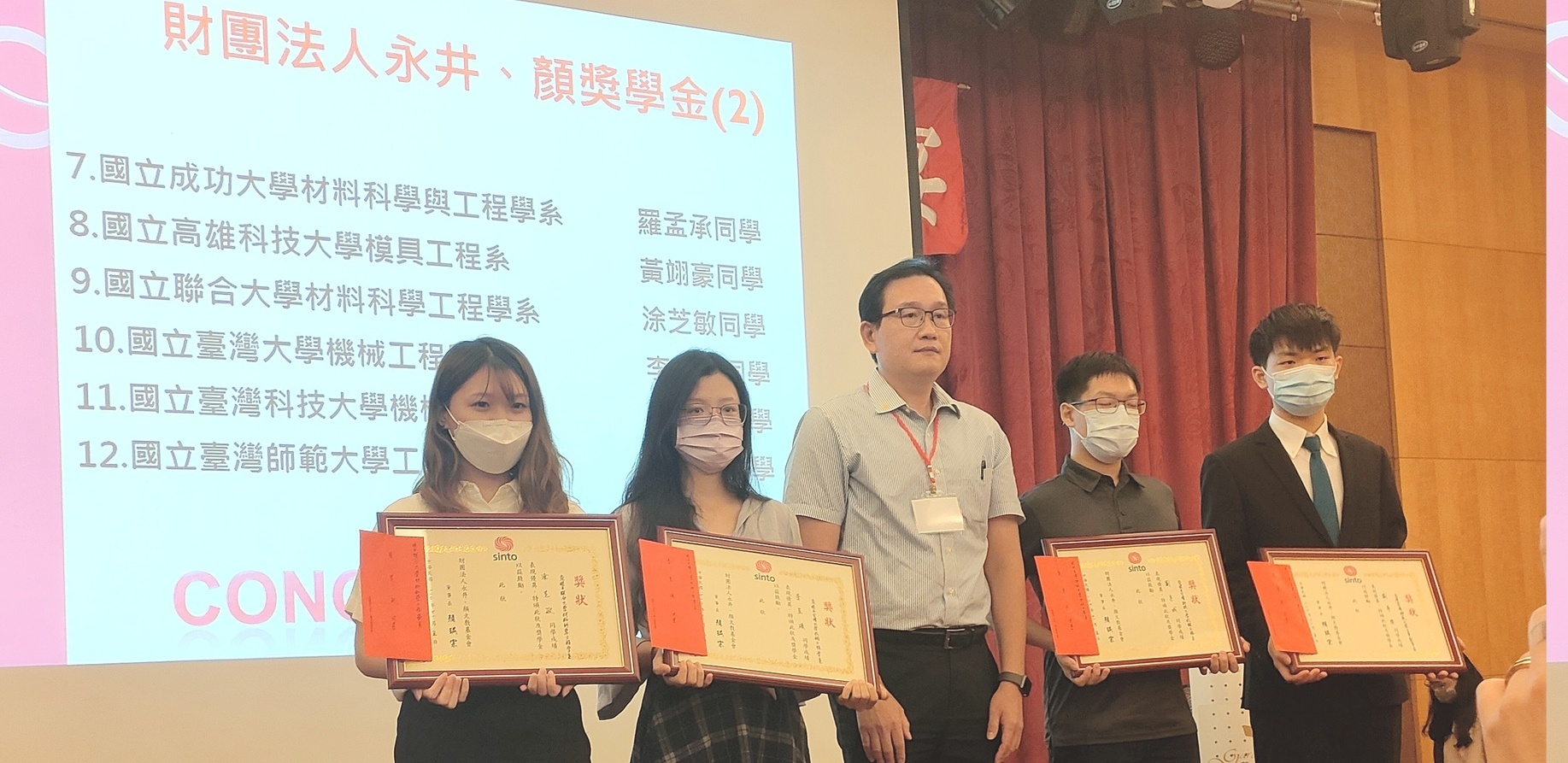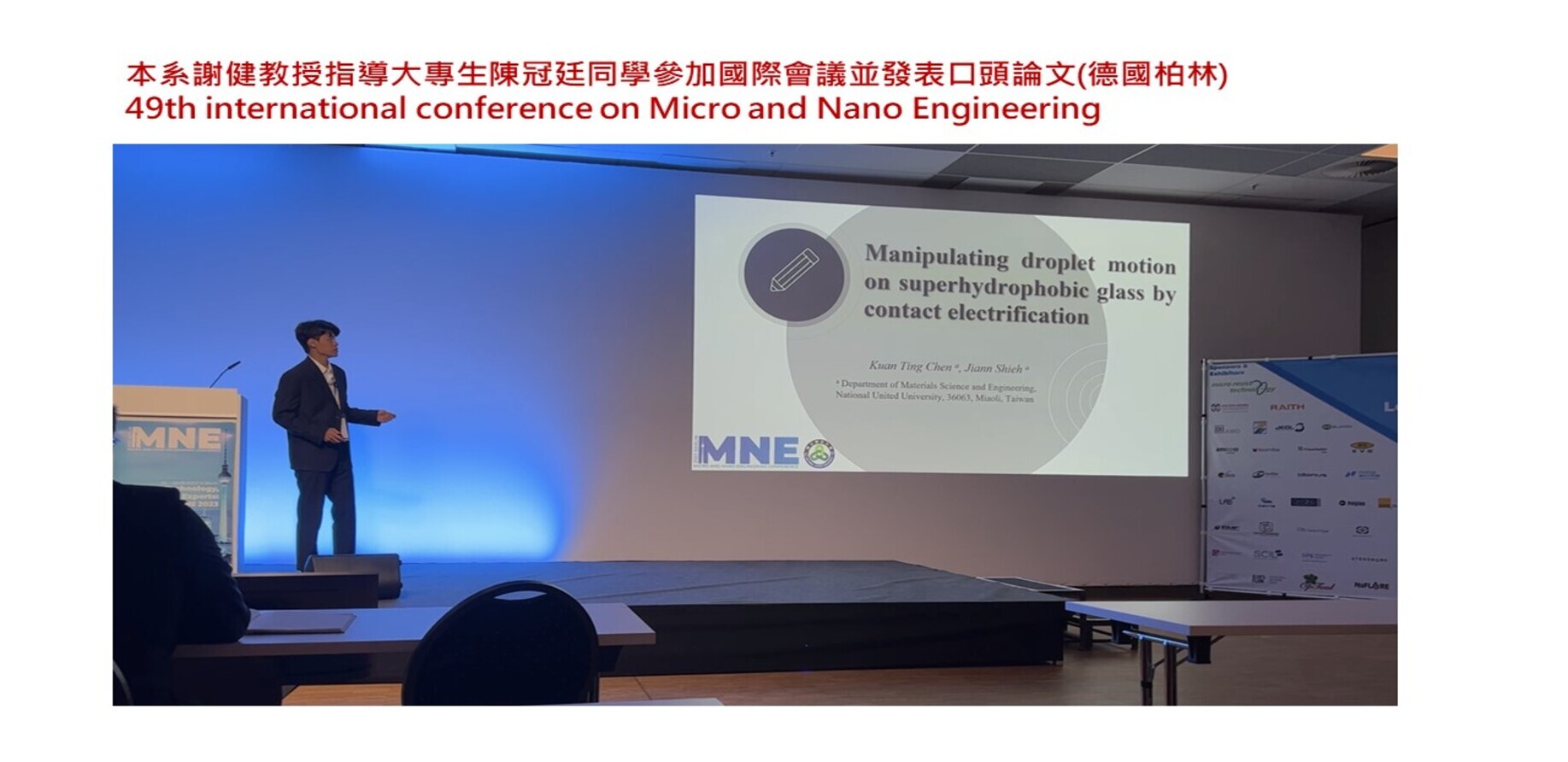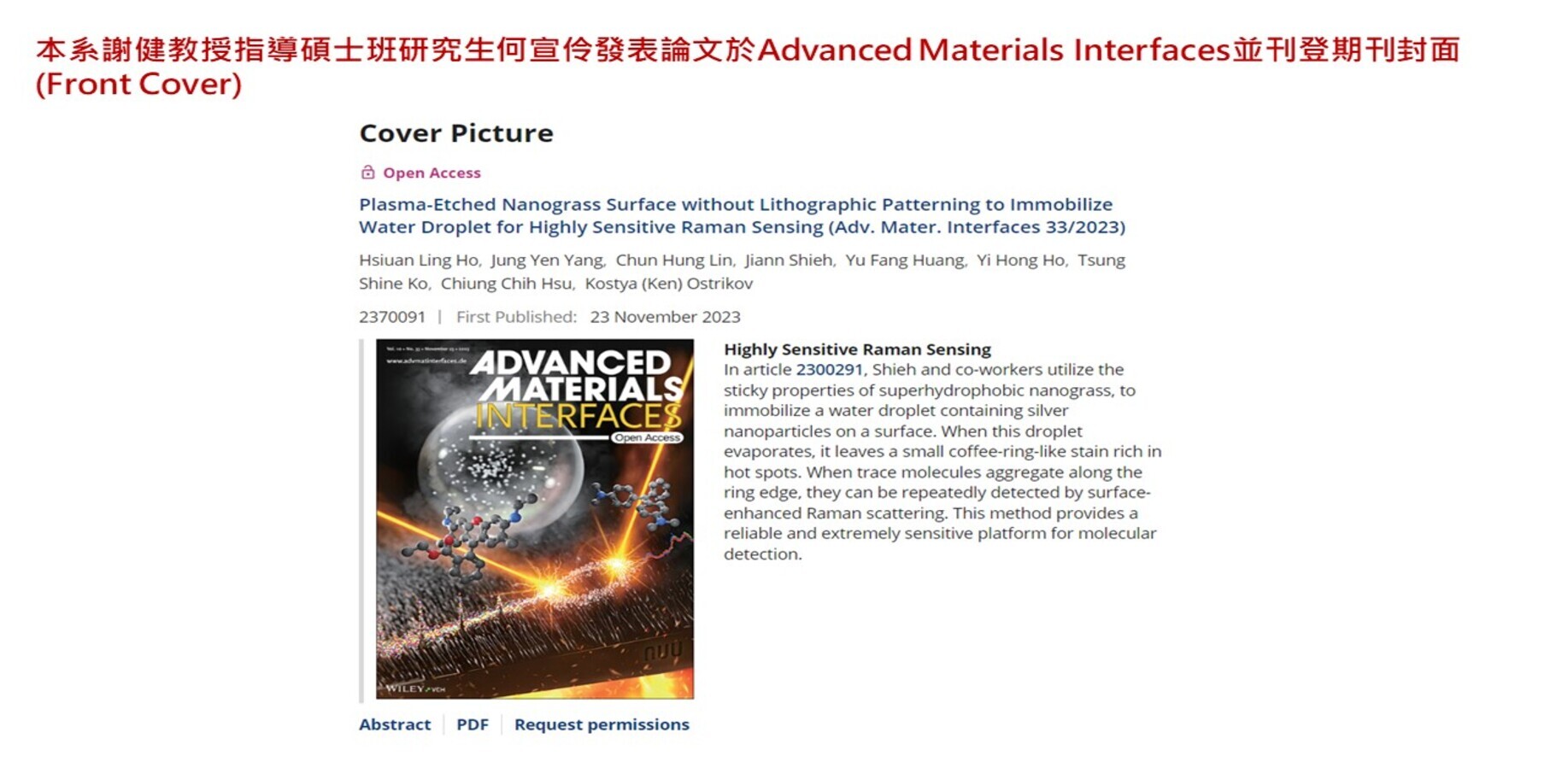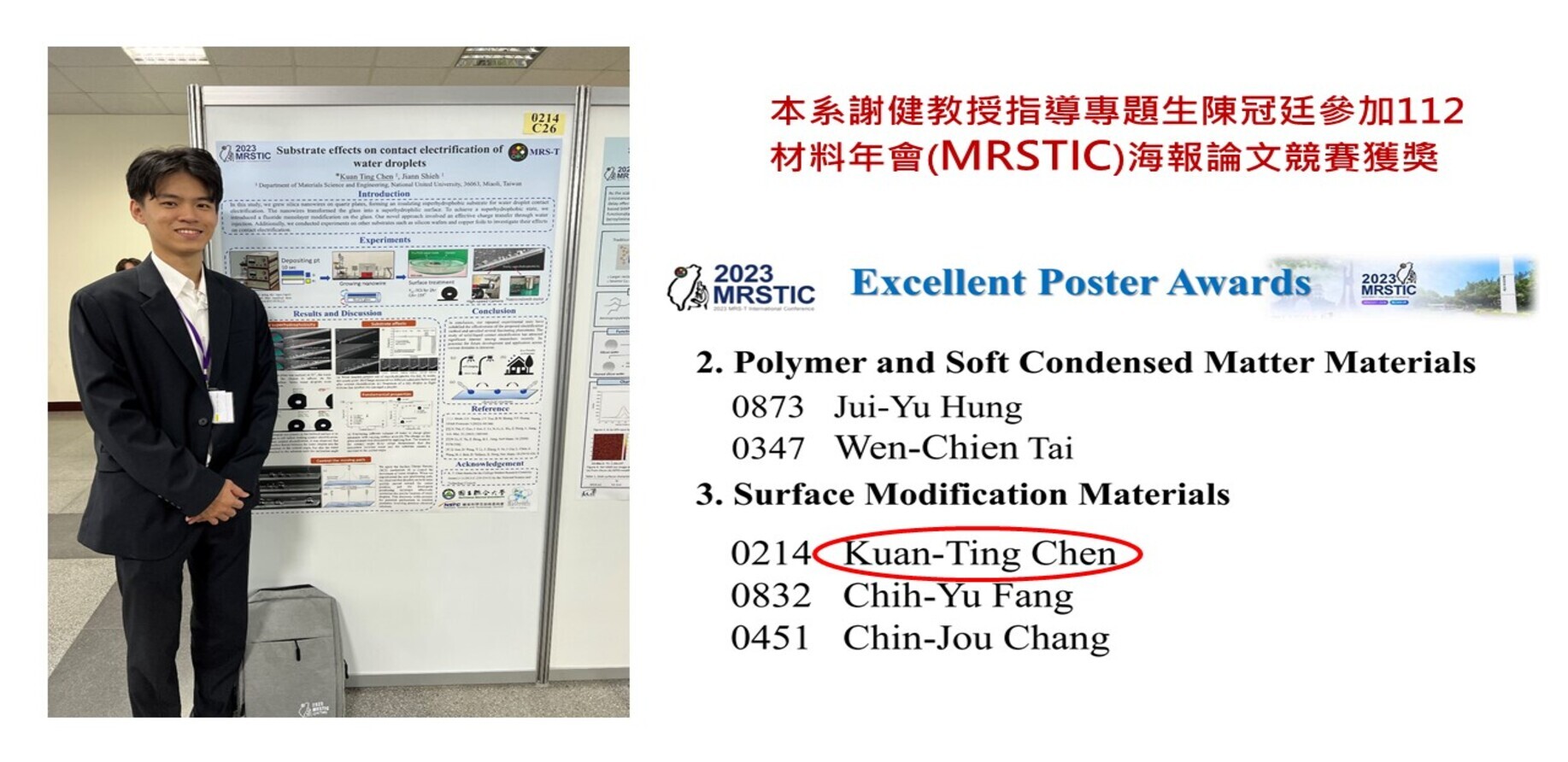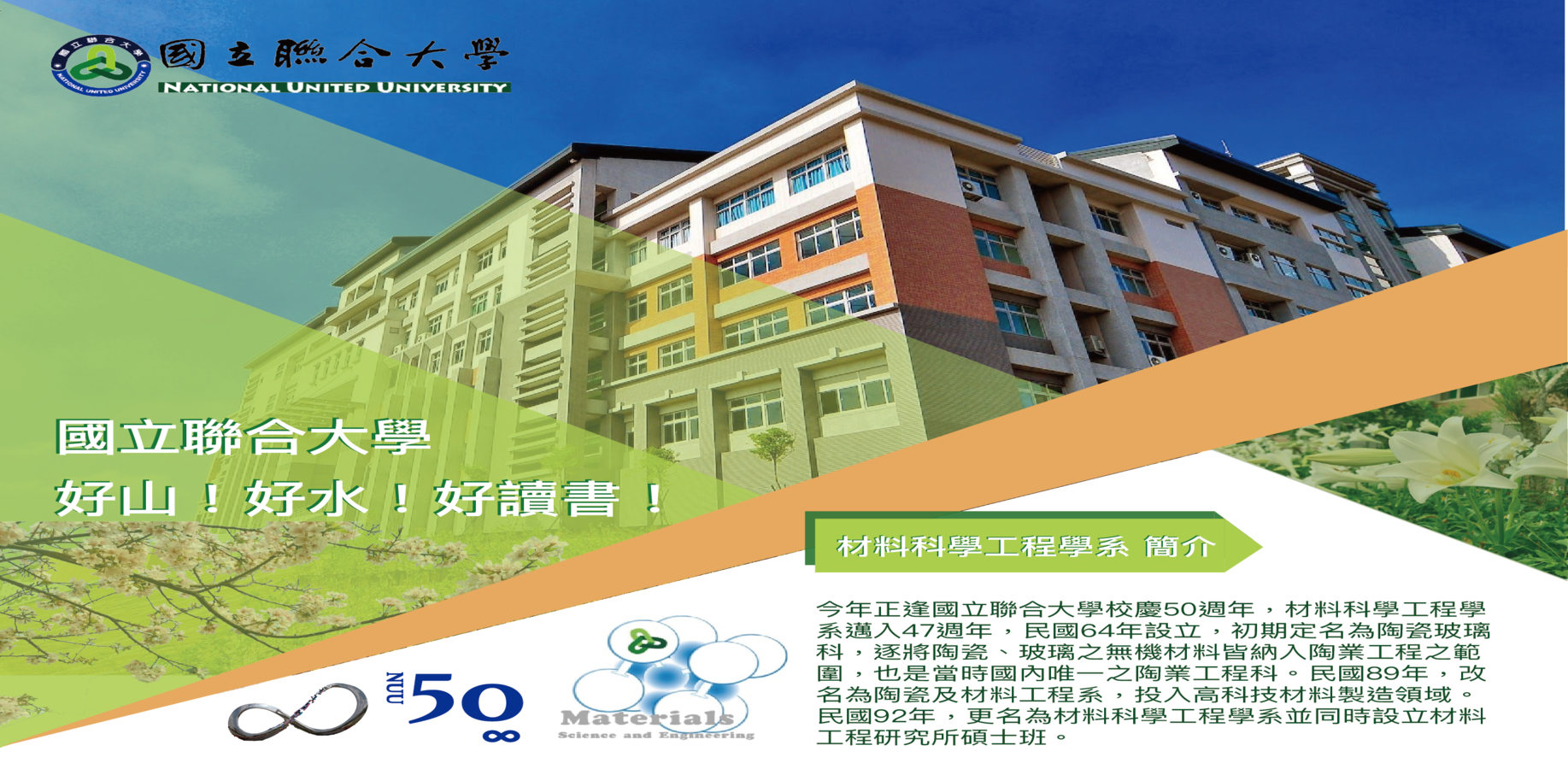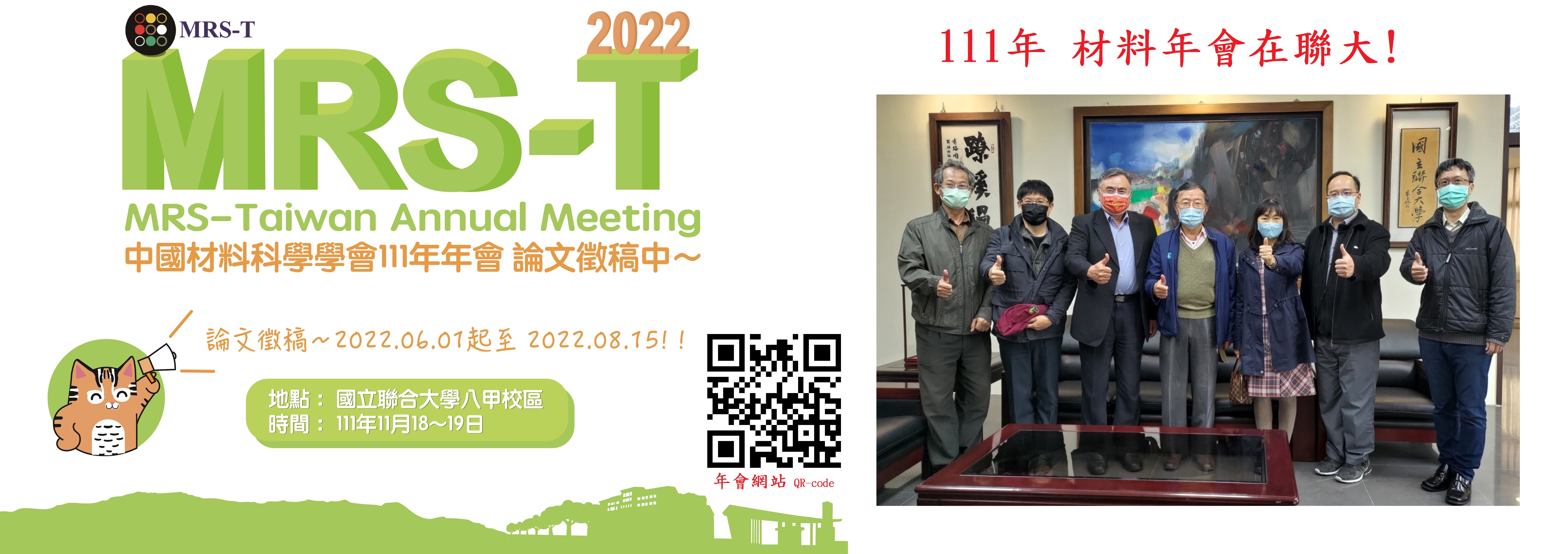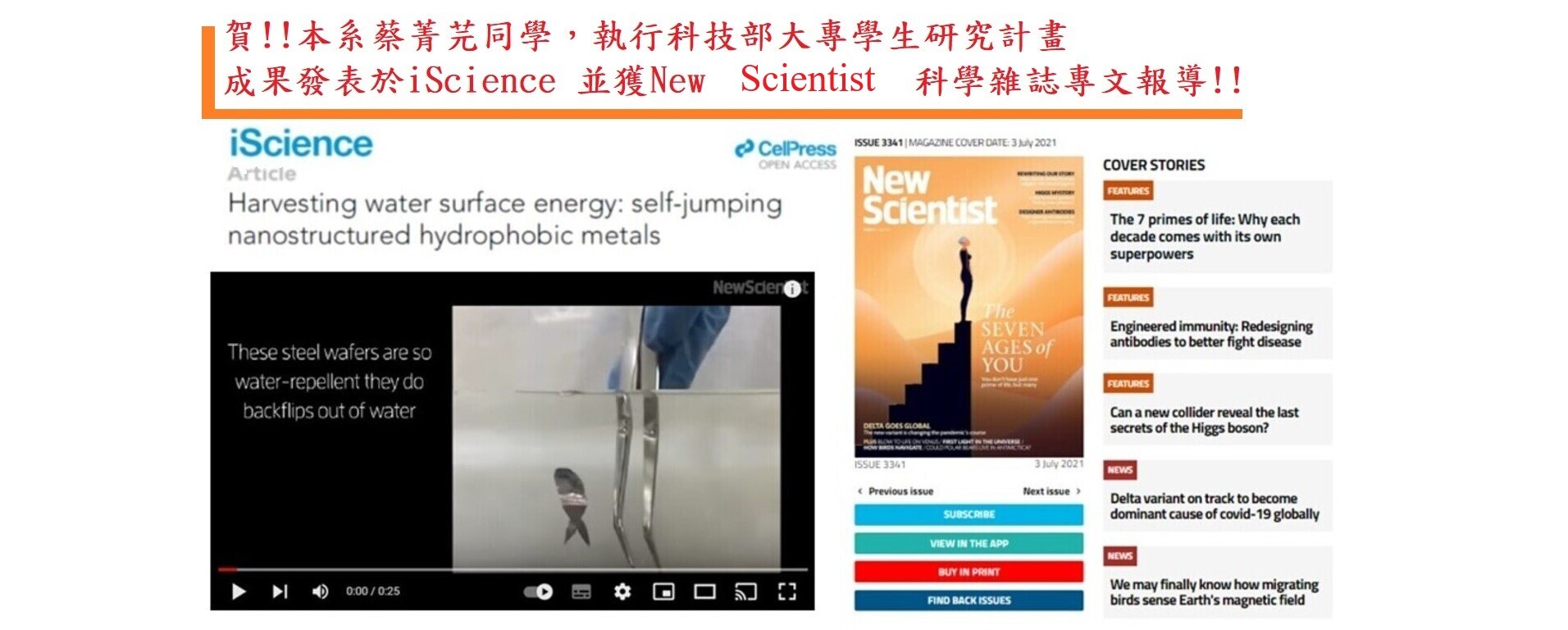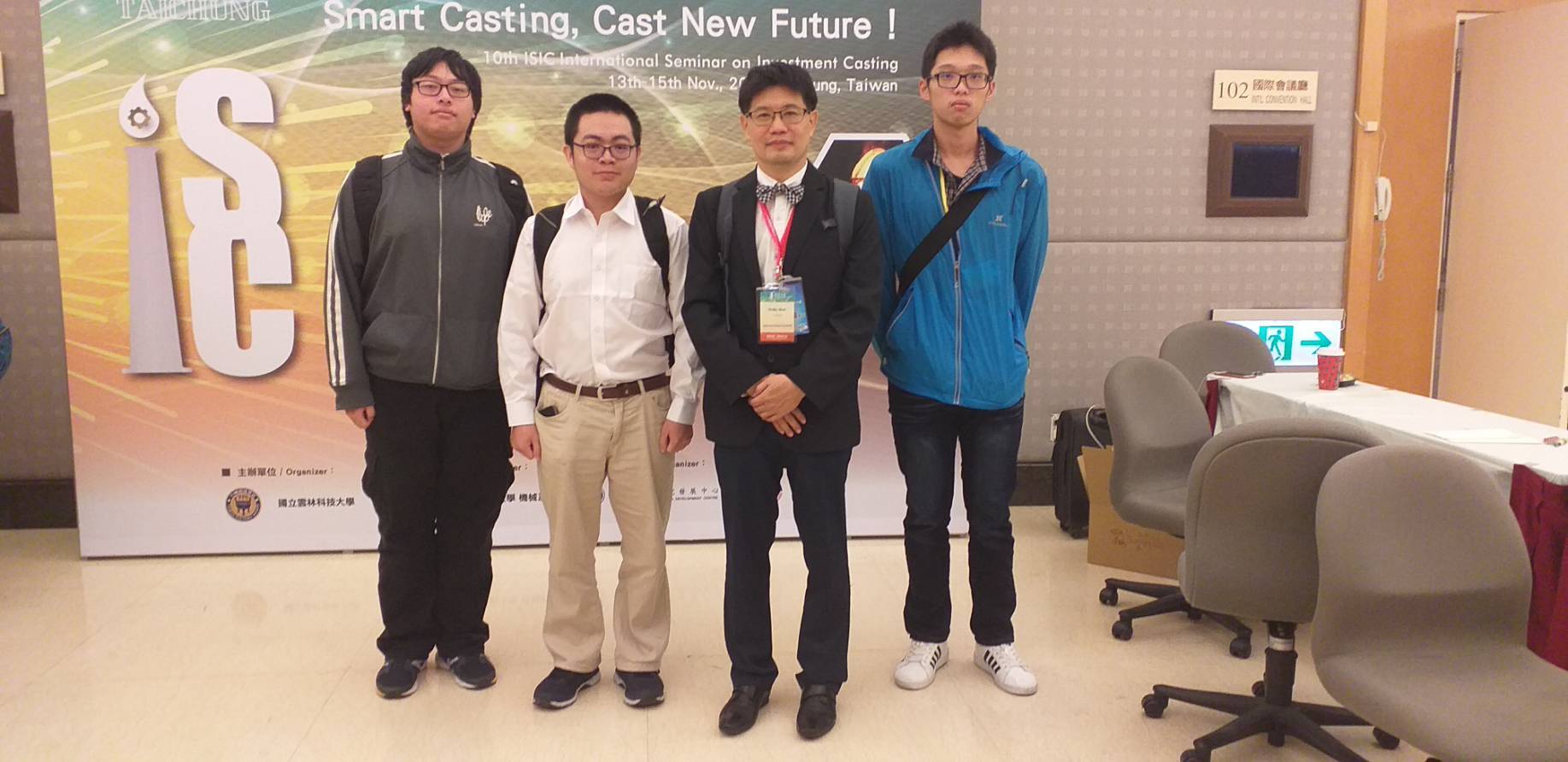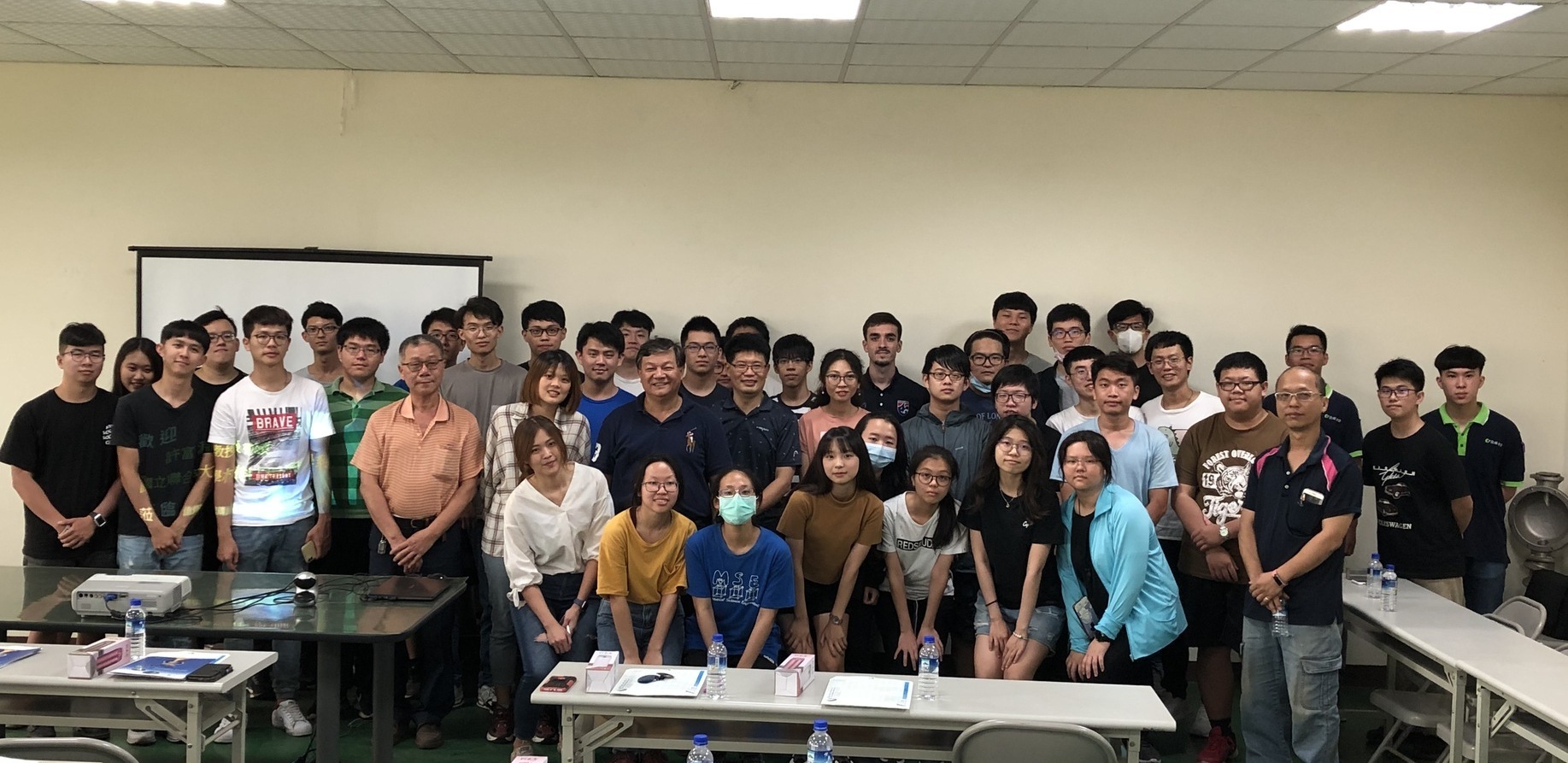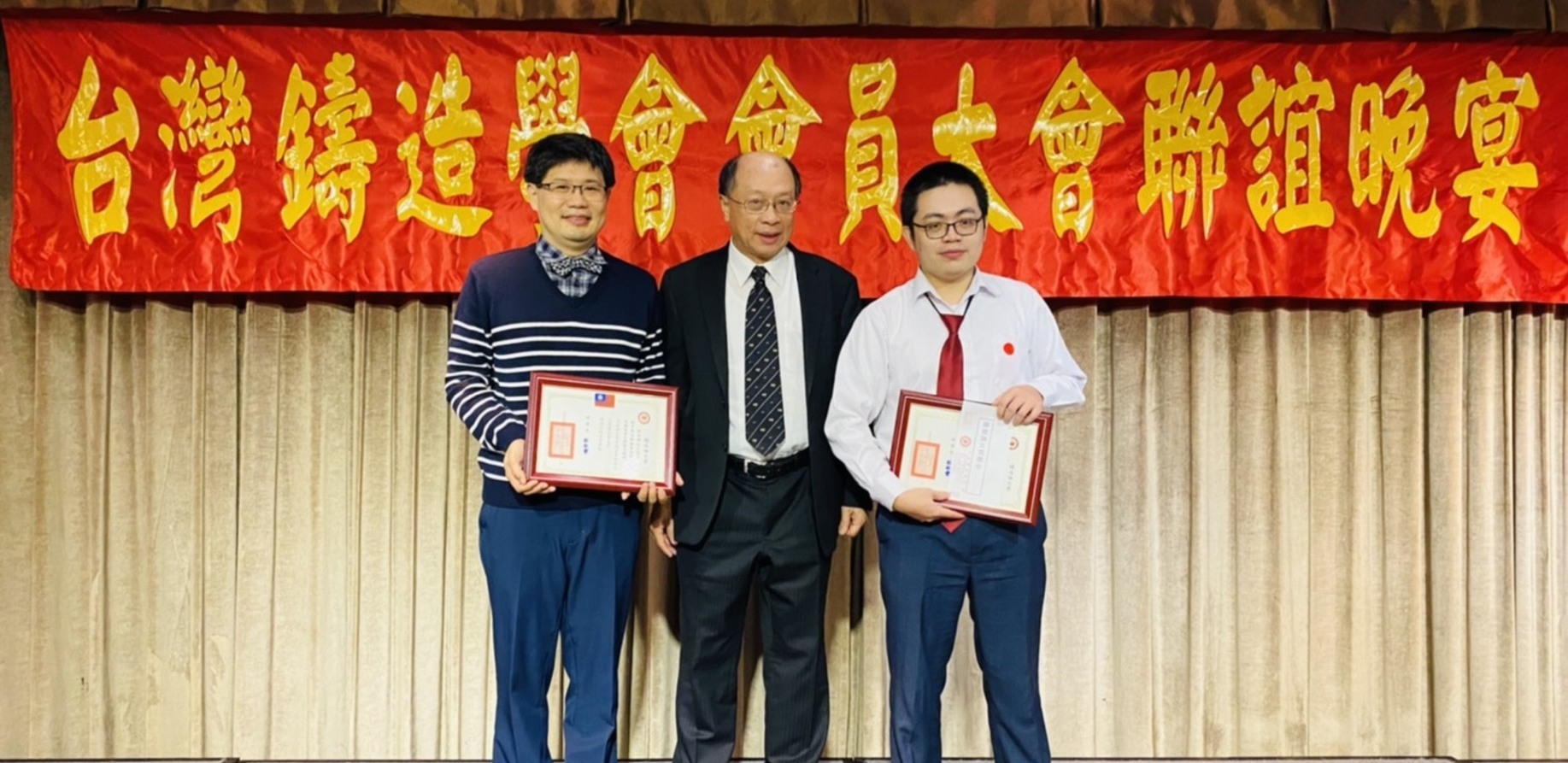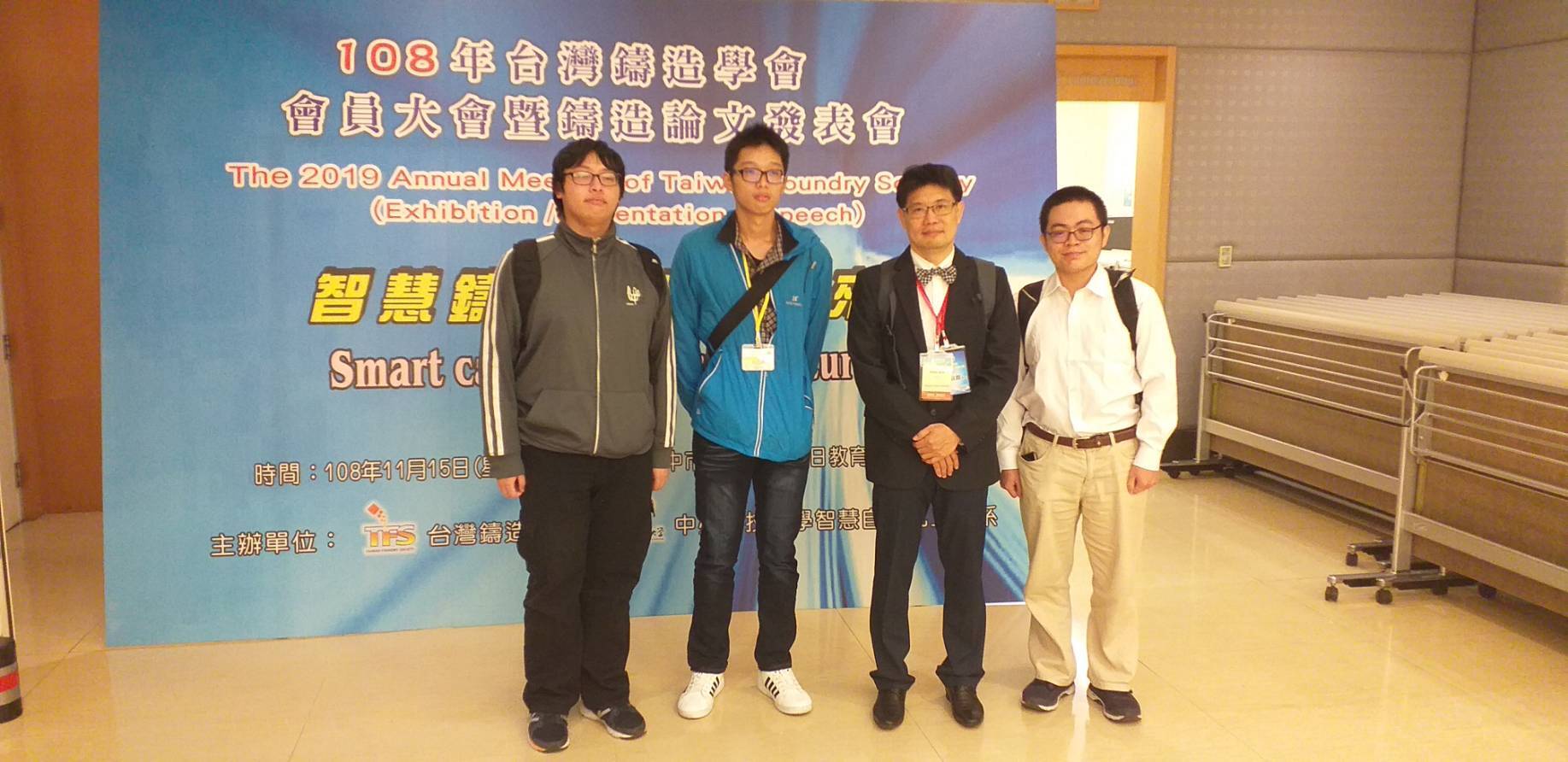Course composition
Course composition
In the course schedule for college students of this department, there is no requirement to file for various courses. In the 101 academic year of the Department of Enrolled Students in the University Department of this department, the composition of the course is more than 39 credits in the basic materials courses, accounting for more than 28% of the minimum graduation credits (132 credits), exceeding the IEET AC2004 standard (Criterion 4.1.1) The minimum requirement (one quarter) specified. Professional courses include 22 credits of compulsory courses and at least 34 credits of elective courses, totaling at least 56 credits, accounting for 40 minimum graduation credits % Or more, exceeding the minimum requirements specified in IEET's AC2004 (Criterion 4.1.2).
1. Material basic course
The material basic courses of this department include calculus (1) (2) (6 credits), general physics (1) (2) (6 credits), and general physics experiment (1) (2) (2 credits) offered in the first year ), General Chemistry (1) (2) (6 credits), General Chemistry Experiment (1) (2) (2 credits), Introduction to Materials Science (1) (2) (6 credits), Engineering Material Mechanics (3 credits) , Materials Science English Guide (1 credit) and other courses, a total of eight courses are listed as compulsory courses (32 credits in total), and an optional course computer program (2 credits).
2. Basic and professional bridging courses
The connection between the basic materials and professional courses offered in the second year includes: ceramic material experiment (1 credit), metal material experiment (1 credit), physical metallurgy (1)(2)(6 credits), material thermodynamics (1)( Two) (6 credits), engineering mathematics (one) (two) (6 credits), ceramic materials (3 credits) and other six subjects are listed as compulsory courses (23 credits in total); also offered such as Metal Materials (3 credits), Introduction to Polymers (3 credits), Semiconductor Physics (3 credits) required (choose two from three), and Introduction to Quantum Physics (3 credits), Electronics and Electrical Engineering Elective subjects such as learning (3 credits) and engineering graphics (2 credits) provide students with the choice of materials science and engineering related courses.
3. Professional courses
Professional courses are divided into ceramic/glass, metal materials, semiconductor materials, and polymer materials fields in accordance with the needs of the times and the research expertise of teachers. Courses in the field of ceramics/glass materials include ceramic process (3 credits), glass (3 credits), ceramics (3 credits), electronic ceramics (3 credits), glass process (3 credits), physical property measurement experiments (1 credit) ), photoelectromagnetic properties of materials (3 credits), interface chemistry (3 credits)...; courses in the field of metal materials include crystallization diffraction (3 credits), metal heat treatment (3 credits), iron and steel metallurgy (3 credits), material manufacturing process Experiment (1 credit), material dynamics (3 credits), material mechanical properties (3 credits), phase change (3 credits), powder metallurgy (3 credits)..... For students who are committed to the field of electronics and optoelectronics, courses in solid state physics (3 credits), semiconductor materials (3 credits), optoelectronic materials (3 credits), nanomaterials (3 credits), and physical properties of materials are offered (3 credits) , Provide students as a reference for choosing courses.
4. Advanced professional courses
Advanced professional courses are divided into ceramic/glass, metal materials, semiconductor materials and polymer materials. Ceramic/glass materials courses include energy materials (3 credits), glass specialties (3 credits), biomedical materials (3 credits), optical fiber materials (3 credits), electronic components (3 credits), ceramic materials (3 credits) ), thick film technology (3 credits)........ Courses in the field of metal materials include metal process (3 credits), destruction science (3 credits), amorphous materials (3 credits), corrosion and prevention (3 credits), Foundry (3 credits), welding engineering (3 credits), surface science and engineering (3 credits), material design and selection (3 credits)......... In the latter two fields, in addition to the above-mentioned advanced professional courses related to ceramics and glass, semiconductor manufacturing process (3 credits), optoelectronic components and manufacturing processes (3 credits), and nanomaterials (3 credits) ), thin film technology (3 credits) and other courses, to provide students as a reference for course selection.
5. General Education Course
Please also refer to the General Knowledge Center regulations.
p>
